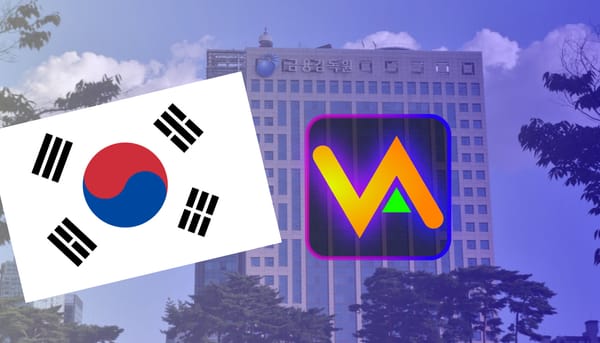
South Korea and SEC's Gensler to Discuss Virtual Assets
In the rapidly evolving finance sector, South Korea is leading with pioneering innovations and regulations in the virtual asset domain. As we navigate the expanding virtual landscape, South Korea is gearing up for pivotal decisions that will significantly influence the future of virtual assets, including non-fungible tokens (NFTs) and Bitcoin exchange-traded funds (ETFs). This May, a notable meeting between the US Securities and Exchange Commission (SEC) and South Korea’s Financial Supervisory Service (FSS), featuring discussions with SEC's Gary Gensler, will highlight South Korea's forward-thinking approach to regulating virtual assets, showcasing its commitment to both innovation and consumer protection in the virtual economy.
Embracing NFTs: A Leap Towards Legal Recognition
- Unique Virtual Assets: Central to the discussions are NFTs, which signify ownership over a variety of virtual items such as art, music, and in-game assets. Their unique nature sets them apart from conventional cryptocurrencies.
- Regulatory Perspectives: The debate is currently centered on whether NFTs should be categorized as virtual assets within South Korea's regulatory scope. Such a classification would subject NFTs to more stringent oversight, similar to that of virtual currencies, addressing issues related to speculation and market instability.
- Innovation vs. Regulation: There's a concern within the industry that overly strict regulation might suppress the emerging NFT sector. Nonetheless, a well-calibrated regulatory approach could mitigate risks while fostering innovation, affirming South Korea's status as a vanguard in virtual asset regulation.
Unlocking the Potential of Spot Bitcoin ETFs
- Current Restrictions: At present, South Korea prohibits local financial institutions from offering spot Bitcoin ETFs, sparking a conversation about market access and investor safeguards.
- A Shift in Policy?: With upcoming major elections stirring political momentum, there's advocacy for allowing domestic spot Bitcoin ETFs, which would broaden Korean investors' options and further integrate them into the international crypto economy.
- Balancing Act: Regulators are navigating a fine line, aiming to uphold stringent anti-money laundering protocols and prevent speculative excesses while unlocking the economic opportunities presented by virtual assets.
Fostering Global Collaboration
The impending US dialogue underscores South Korea's dedication to establishing a unified, international regulatory framework for virtual assets. This global cooperation is essential for navigating the virtual asset realm, ensuring consumer safety, and promoting responsible innovation.
Looking Ahead: The Impact on South Korea's Virtual Asset Landscape
- Enhanced Security and Oversight: The potential recognition of NFTs as virtual assets would usher in stricter regulatory measures for the virtual asset industry in South Korea. This includes comprehensive licensing, transaction monitoring, and ethical guidelines, bolstering market integrity and protecting investors.
- Bitcoin ETFs in South Korea: Introducing Bitcoin ETFs could unlock new investment avenues for local investors and attract international interest to the Korean market, reinforcing South Korea's role as a pivotal player in the virtual asset ecosystem.
- Catalyzing Growth: Although increased regulation may initially slow adoption, it promises a more stable and secure framework for virtual asset innovation. Regulatory clarity is likely to draw more businesses and investors to South Korea's virtual asset sector, solidifying its leadership in the global arena.
As South Korea deliberates on these crucial regulatory choices, it is positioning itself to set a worldwide standard for the integration and supervision of virtual assets. Striking the right balance between fostering innovation and ensuring regulation, South Korea is not just sculpting its virtual future but also leading the charge towards a safer and more dynamic global virtual economy. This strategic approach not only highlights South Korea's role in the digital age but also invites global investors and innovators to watch closely as South Korea charts the course for the future of finance.